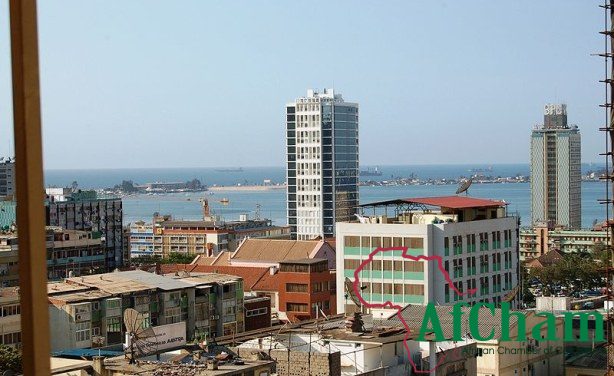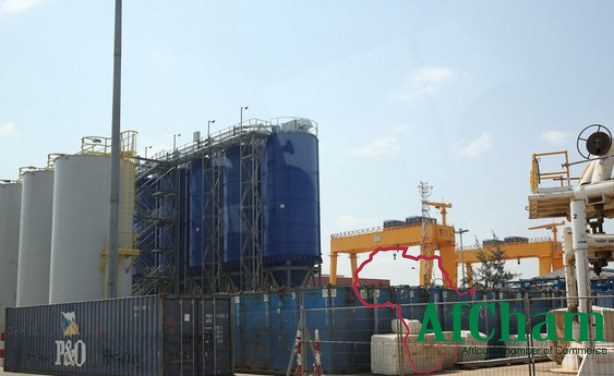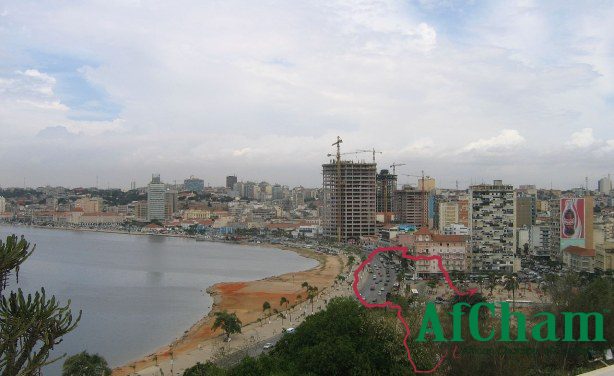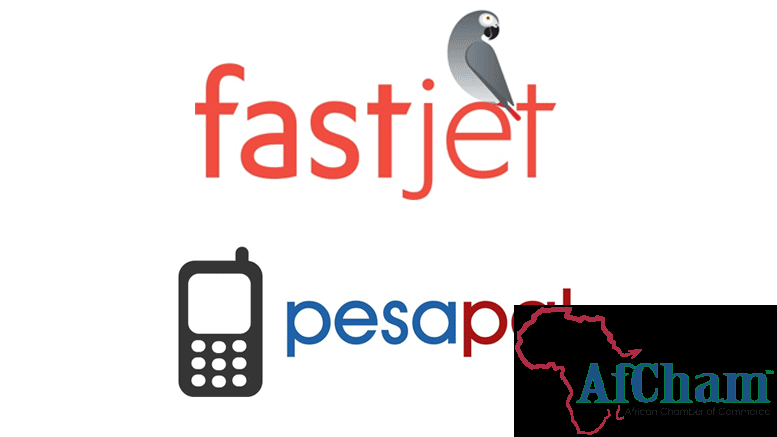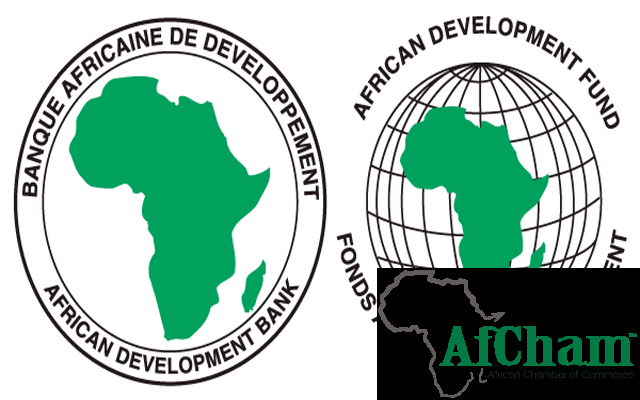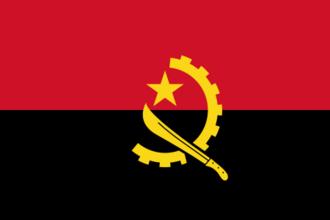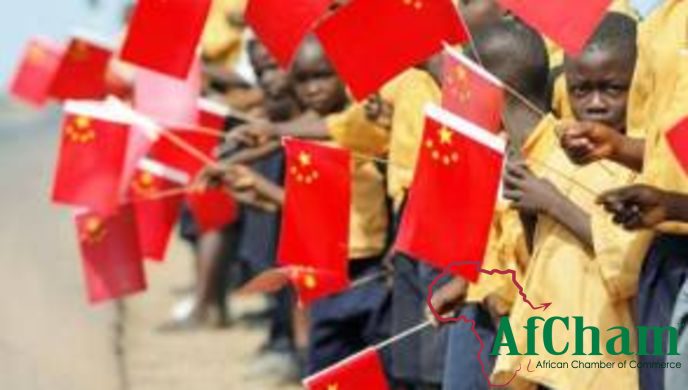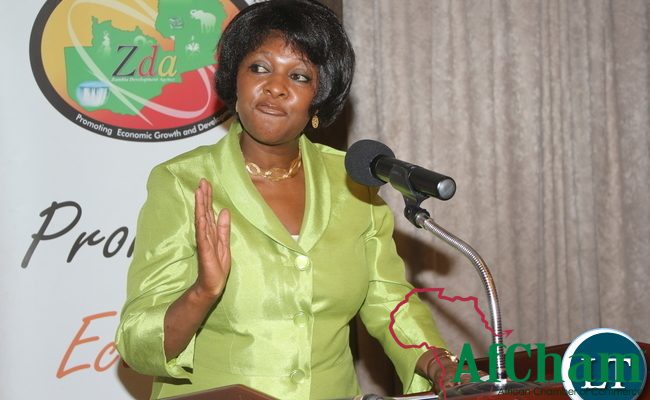Luanda — A continental Free Trade Zone might be proclaimed during the 27th African Union Summit taking place from July 10-18 in Kigali (Rwanda) focusing on human rights at large and women’s in particular.
The intention is to expand trade around the continent, reduce customs and tariff barriers from South Africa to the Magreb and boost internal production.
Another purpose sought with a continental free trade zone is to set a qualitative step in the intercontinental commerce, as Africa is divided in various economic regions and trade only takes place on that basis.
On the other hand, the summit will be marked by the changes that will take place within the African Union Commission, as the current chairperson is not standing for a second term and the vice chairperson has served two terms. The African Union commissioners are also terminating their terms.
Angola is expected to play a relevant part regarding the renewal of mandates, as each region is to come up with its candidate.
Meanwhile, the election of the African Union Commission might only take place at the summit of January next year in Addis Ababa, as the Economic Community of West African States has called for postponement as no consensual candidate has been found.
The adjournment request stands good chances of being upheld by the African Union. After all, ECOWAS is made up by 15 states and its exclusion would imply no candidate to reach one third of the votes needed.
The possibility that the election could actually happen in January next year is great as the Southern Africa Development Community (SADC) of which Angola is a part, has not approved any of the candidates put forward by Uganda and Equatorial Guinea.
According to Angolan Foreign minister, Georges Chikoti, some countries and entities think standing candidates are not good enough.

